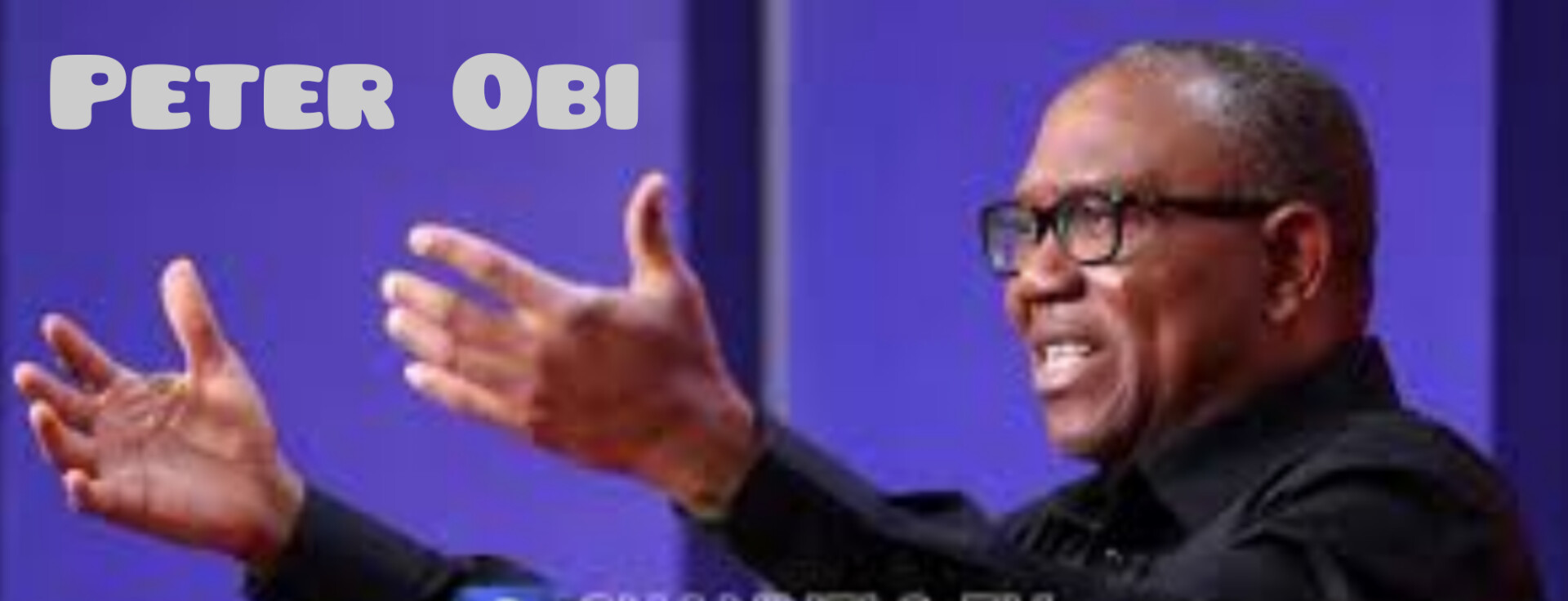Despite Supreme court’s intervention to restrain the Central Bank of Nigeria (CBN) from implementing its 10th of February, 2023 deadline to phase out the old Naira Notes of N200, N500 and N1000 the Apex bank has declared that they ceased to be legal tender in Nigeria as declared.
The declaration was made by the Branch Controller of the Central Bank of Nigeria (CBN), Bauchi, Haladu Idris Andaza while briefing Journalists on Monday at the CBN, branch in Bauchi.Recall that Governors Nasir El-Rufai (Kaduna), Yahaya Bello (Kogi) and Bello Matawalle (Zamfara) dragged the Federal government before the Supreme Court.
The states sought for a declaration that the Demonetization Policy of the Federation being currently carried out by the CBN under the directive of President Muhammadu Buhari is not in compliance with the extant provisions of the Constitution of the Federal Republic of Nigeria 1999 (as amended), Central Bank of Nigeria Act, 2007 and actual laws on the subject.

They also asked the court to make a declaration that the three-month notice given by the FGN and the CBN under the directive of the President of the Federal Republic of Nigeria, the expiration of which will render the old bank notes inadmissible as legal tender, is in gross violation of the provisions of Section 20(3) of the Central Bank of Nigeria Act 2007 which specifies that reasonable notice must be given before such a policy and that the limit cannot be outside that provided under Section Section 22(1) of the CBN Act 2007.
Continuing, Andaza indicated that “In the last 24 hours, we have been inundated by questions from various angles of the general public about our operational guidelines on the old currency notes, be that as it may, there are so many questions here and there which people have been asking about.”
According to him, “So for the avoidance of doubt, we wish to state categorically that CBN is ready and is opened to receive all of those old notes based on certain conditions and criteria.”
“Customers are free to come to the Bank and deposit which they cannot do at the Commercial Banks anymore because the currency has ceased to be a legal tender since the 10th of this month.
“Consequently, the management of the CBN decided that those customers will have a sigh of relief by coming to the offices of the CBN in all the 36 states in the Federation including FCT to deposit their money.
“The customer has to go to the CBN portal and fill a form in the portal, there will be a form there concerning this currency redesign and exchange.”
Andaza further explained that “After filling the form, you generate a code, you either print it or come with it in your mobile phone, give us the code and the information contained therein. In the form, you are expected to provide all the basic information about yourself, your account details and the amount you want to deposit.
“By the time you have done it correctly, you come to the CBN where the code will be accepted from you as well as the money, process and confirm the genuineness or otherwise of the money to avoid receiving fake notes because there are some fake notes in circulation now.”
He warned that “If anyone wants to try us by bringing in fake notes, he should be ready to be arrested, so don’t go and print old fake naira notes and bring them to the CBN, whatever happens to you, don’t blame us, you caused it.”
He however assured that “We will receive the money from you and do our internal checks before we give you an acknowledgement which is evidence to show that we have collected that amount from you and we go ahead with our internal processes, after finishing with the internal processes, we now hit your account and credit it through your Commercial bank.
“All the Commercial banks are expected to bring all old notes deposited to us and we will collect, that is the final. Some of the Banks have started depositing with us because they want to close their books, as soon as they do that, they will not collect from customers again, that is the reason CBN decided to open this portal for the general public especially the vulnerable who are still having problems of cash used for trading and now that the deadline has expired, they need to deposit their money.
“The CBN is trying to minimize risk involved in losing that money, we are trying to minimize hardship also, we know that people are having some hardship, people are suffering, we not unmindful of that fact, that why the management of the CBN has magnanimously decided to open that portal to assist those who were unable to deposit the money into their bank accounts, that is our process flow in a nutshell.
“The portal will be there, opened for some time, depending on the circumstances and the directives from the management, we expect that within this period, people should have been able to deposit all they have, it is a privilege given to Nigerians to ensure that they deposited that money even though they are no longer legal tender.
“For the people in the remote areas, if you can recollect, we have gone round virtually all the villages in Bauchi state with some commercial banks asking the people to open accounts which many of them did and were able to deposit their money, I doubt if there are still people who have not keyed into the system now who are still having old money.
“We used the media, NOA and Traditional rulers just to let the people know, no limit to the amount that can be deposited provided the form was properly filled.
“There are a lot of firewalls that can protect the people accessing the portal, no any cause for alarm.”
In his remarks, CBN Team Lead, Bauchi who is the Director, Medical Services of the Apex Bank, Dr Abdulkadir Jibril explained that “It is a point we have made before, I just want to emphasize it, not everybody in Bauchi state is privileged to be at this meeting and so, there is the moral and professional responsibility on their shoulders to ensure that this information gets to every nook and cranny of the state and even beyond.”
He emphasized that “There is a limited time that has been given by the government and the law, just as I have emphasized earlier on, it is the magnanimity of the government, so, this is just an additional time and opportunity to assist people to get their monies into their bank accounts safely so that nobody misses a dime or loses any money.”
Jibrin concluded saying, “I am appealing to our people both men and women to carry or propagate this message everywhere so that people can do the needful.”



